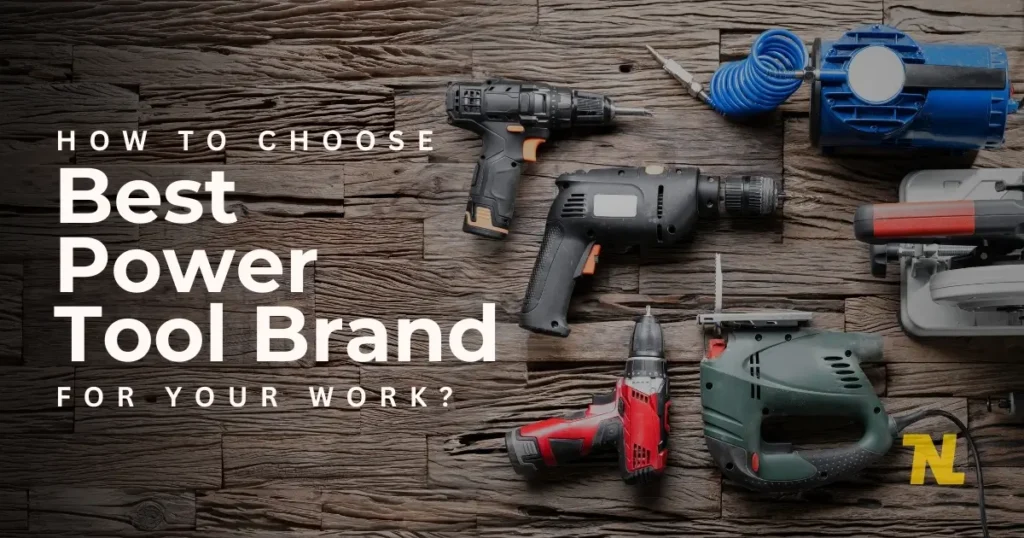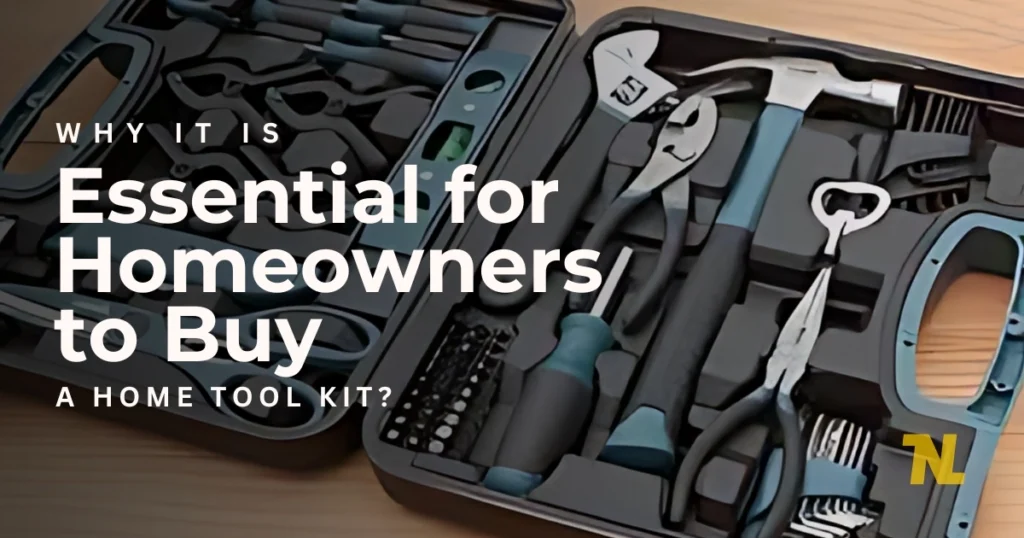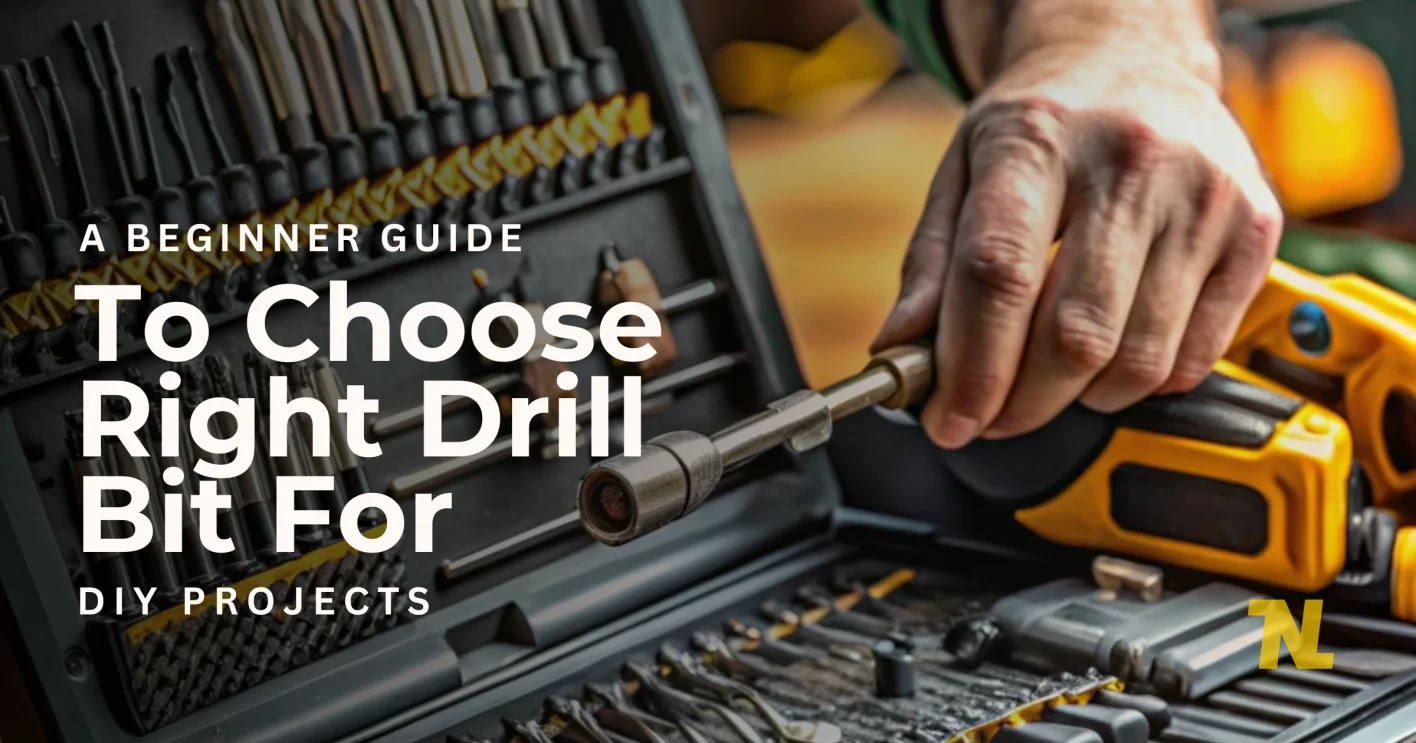
For a successful DIY project, choosing the right drill bit is very important. Using the right type of drill bit and knowing their uses will improve the overall efficiency of your work. It does not matter if you are working on metal, wood or masonry the right drill bits make your task easier. In this beginner DIY guide, we will explore the different types of drill bits, their specific uses and maintenance tips so that they work for a long time and everything you should know to make your DIY project successful.
Know Your Work Material
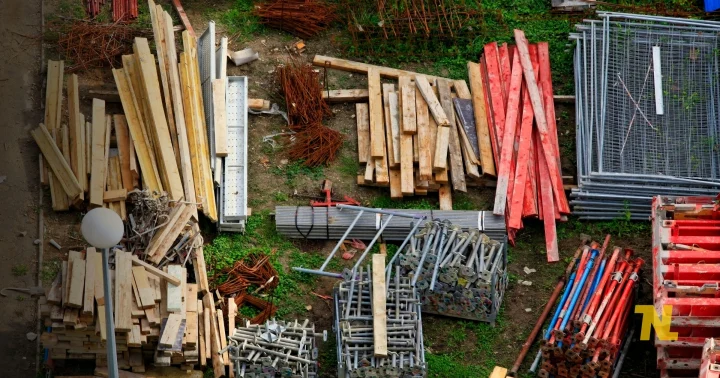
Knowing the material you are working on is the most important factor in selecting the most suitable drill bit. Each drill bit design is designed with a specific material but if a drill bit that is not suitable for the material this will hurt both the tool and the material. Here are some o the drill bits and the material or which they are suitable:
Wood
It requires accuracy in woodworking because it can be easily torn out or split if you do not use the right drill bit. If you want clean cuts without any damage the best drill bits are:
Twist Drill Bits:
These can be used with a variety of materials including wood and are the most common type of drill bits. These are great for everyday DIY tasks.
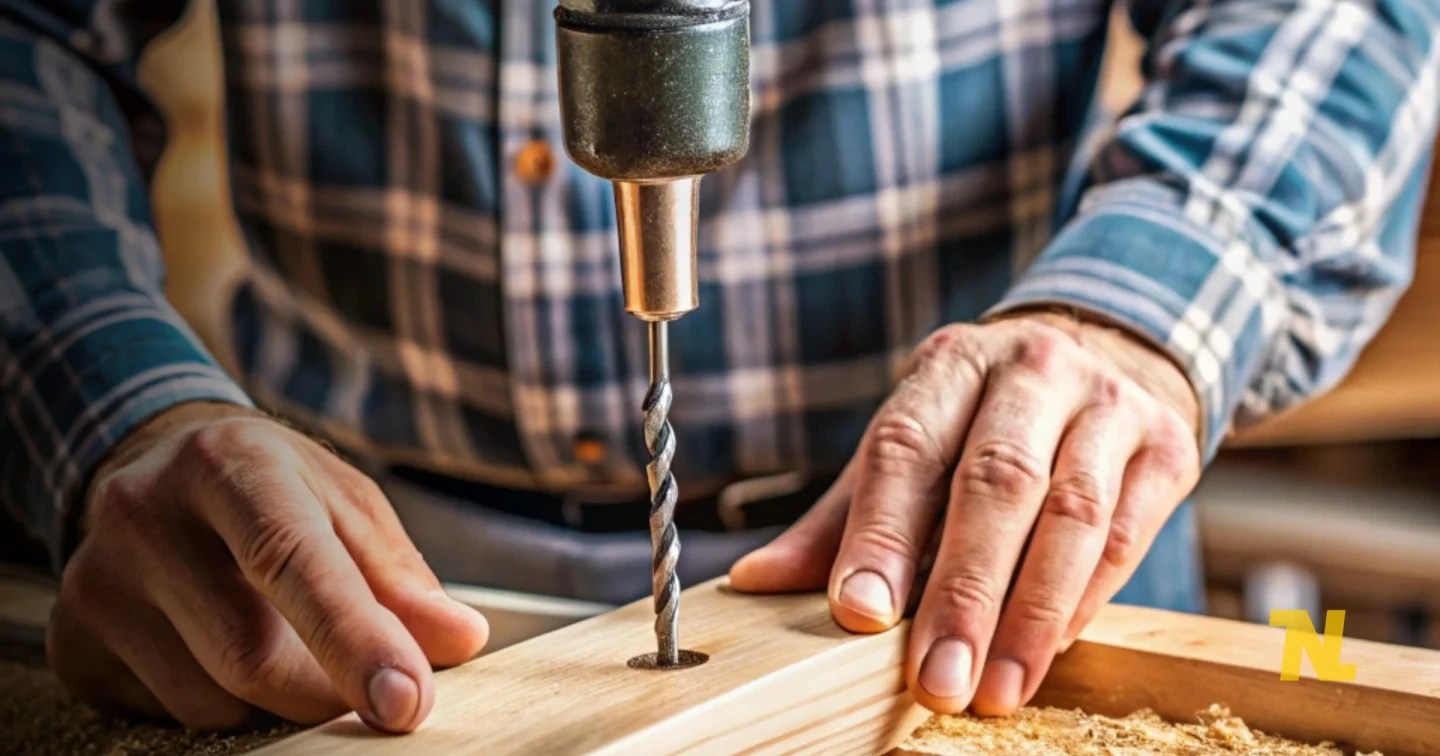
Spade Bits:
These are used to create large holes in wood. They are ideal for rough and fast drilling through wood because they are flat and wide.
Brad Point Bits:
These bits ensure accurate positioning in wood because of their sharp tip. This makes them perfect for detailed woodworking.
Metal
It requires strong and heat-resistant drill bits or drilling into metal. In metalworking, you need drill bits that can easily cut through hard surfaces without being overheated. The perfect options to work with metal are:
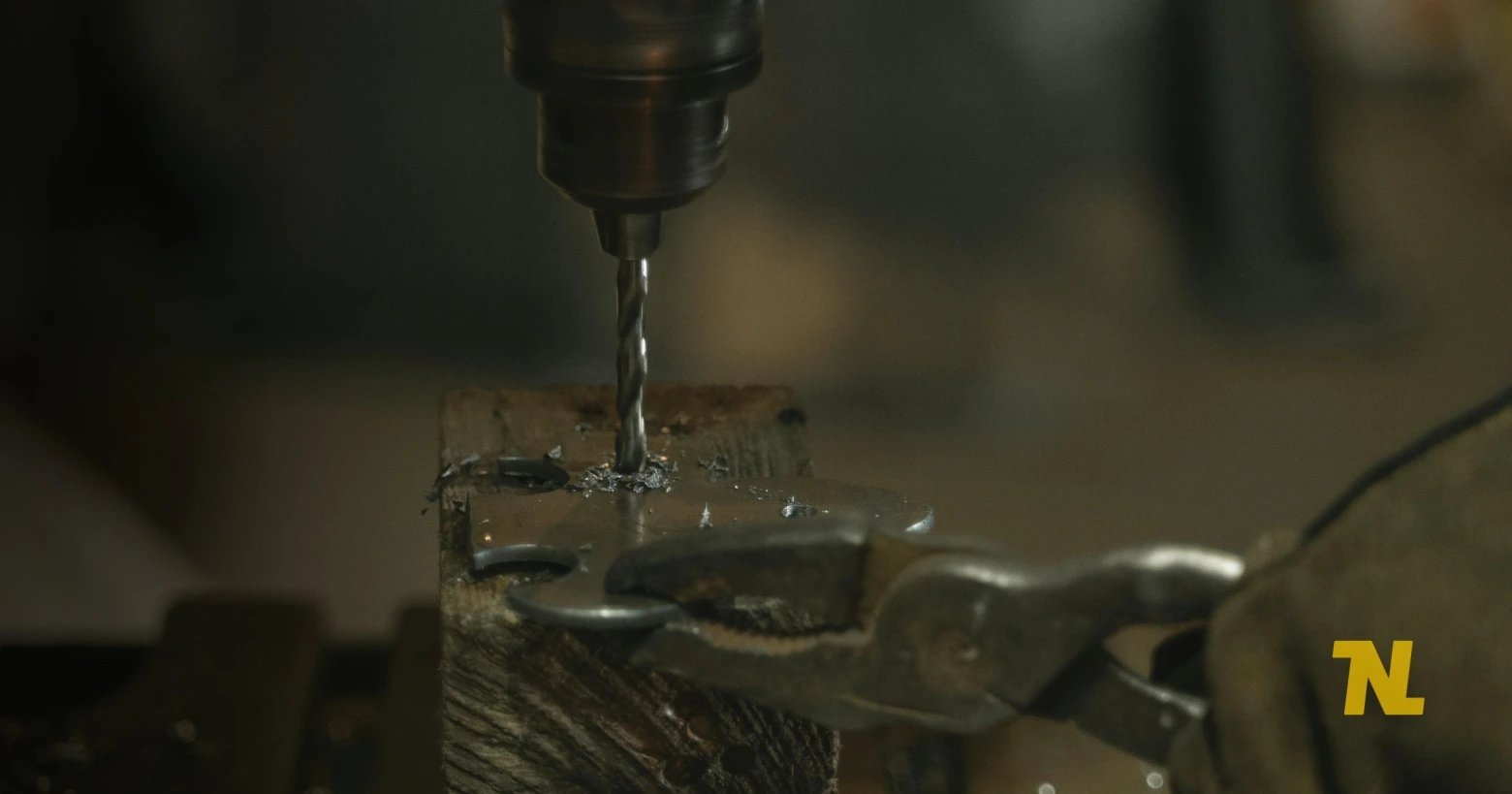
High-Speed Steel Bits:
These are designed for drilling light metal. The light metals include aluminium, brass and copper. They provide durability and good heat resistance.
Cobalt Drill Bits:
These are the best for hard metals such as stainless steel. Compared to high-speed steel bits these are better in both heat resistance and durability. These things make them perfect when you have to do continuous drilling into hard materials.
Titanium-Coated Bits:
These bits have great heat resistance and durability due to their titanium nitride coating. If you want to drill in hard metals and minimise scratch then this is the best option.
Masonry
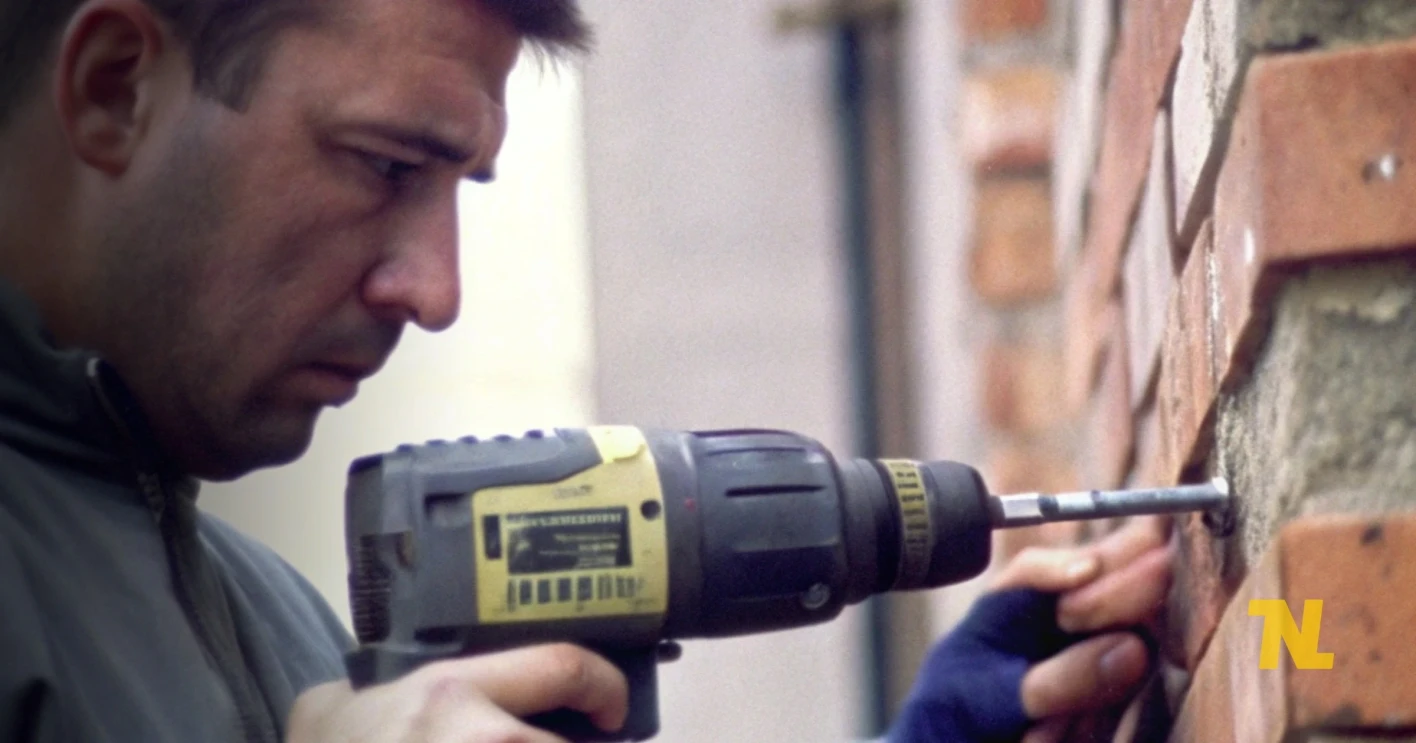
The specialized masonry bits are a must-have if you are working on a project that includes brick, concrete or stone. The best and most common option is:
Carbide-Tipped Masonry Bits:
These bits can encounter the sharp nature of the masonry materials because they have a carbide tip. They are ideal for concrete, stone and brick projects due to their design that helps to withstand high-stand drilling.
Plastic
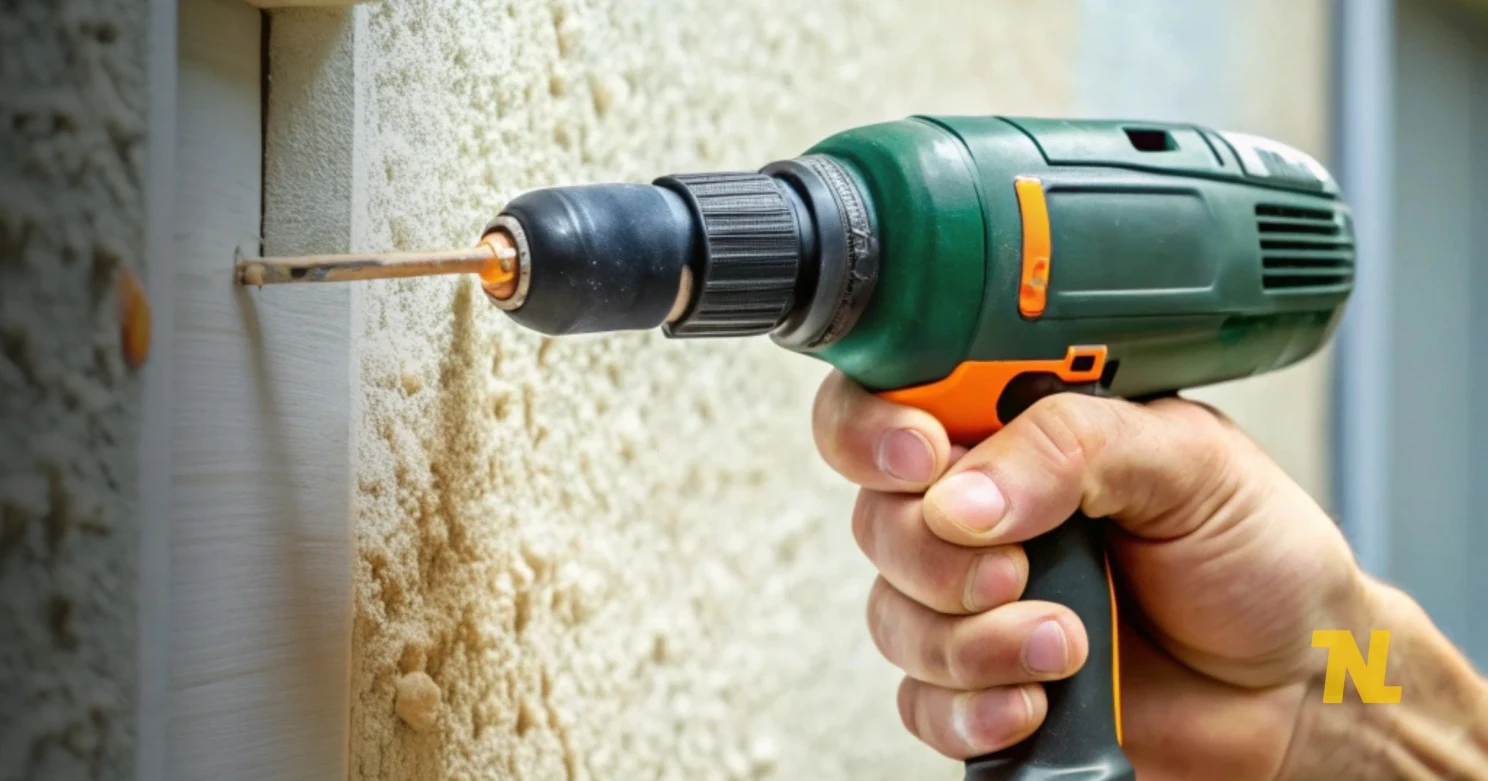
It is essential to buy bits when you are working with plastic, that can cut cleanly without melting the material or causing cracks. The best bit for this is:
Twist Bits:
The standard twist bits work well for most types of plastic but it’s important to use a slow drilling speed to avoid heat buildup that can melt the plastic.
Things to Consider while Choosing Drill Bits
To make sure you choose the right drill bit for your project you have to consider the compatibility of the material, size of the drill bit and last one is materials and coatings of the drill bits.
Compatibility of Material
Making sure that the drill bits are compatible with the material you are working on is one of the most important factors to consider. If you use the wrong drill bits this can cause damage to bits, poor results and even harm you. To understand this consider this example, if you are working on metal and you use the bit designed for wood it doesn’t work on metal same masonry bit struggles when you use it on plastic or wood.
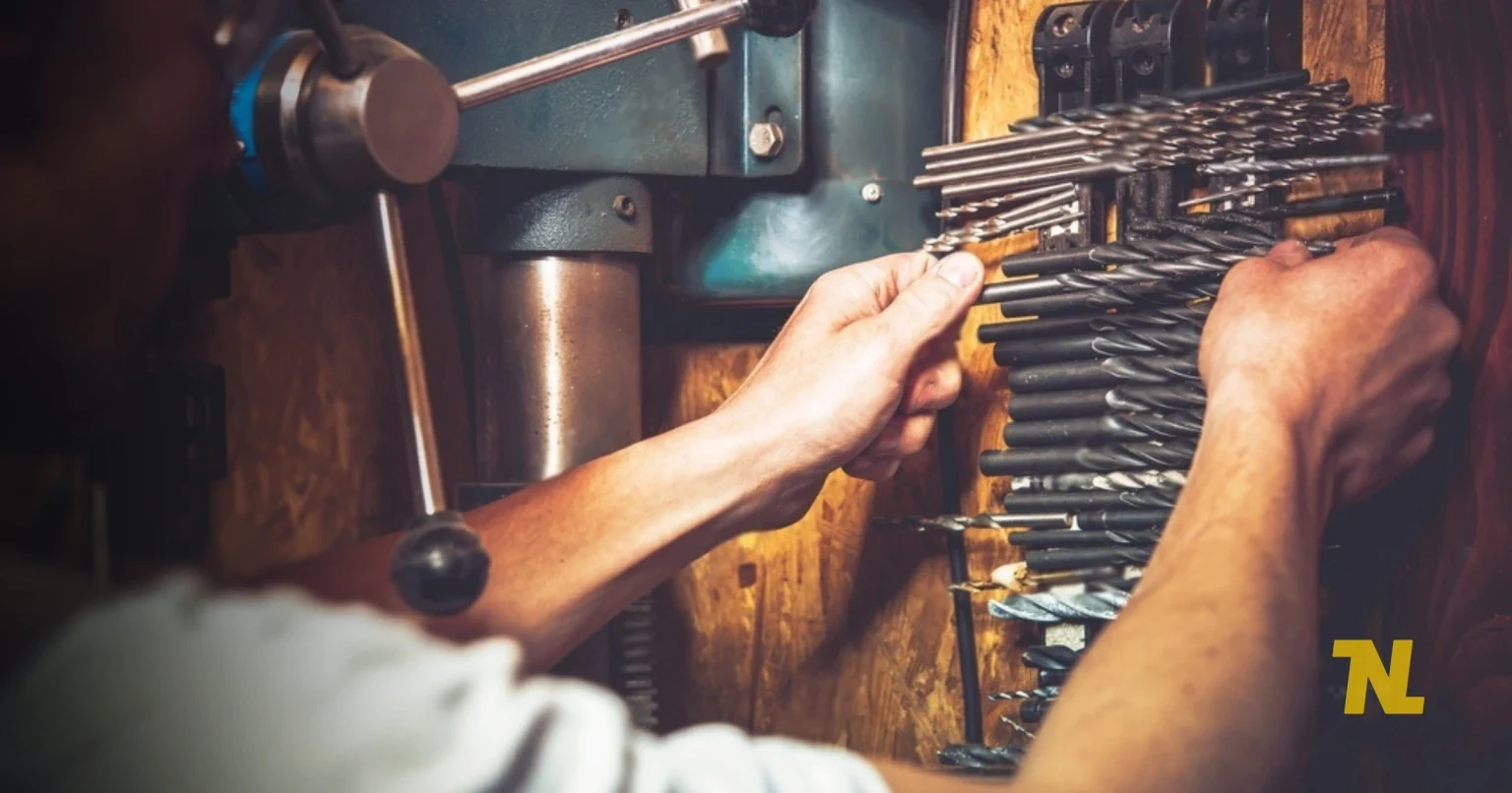
Size of drill bits
It depends on the size of the hole you require for your project, what size of drill bit you need. This can cause improper fittings, difficulty when assembling parts and weak joints if you didn’t use the correct size. It is important to choose drill bits that is a bit smaller for an easy fit and also measure the size of the bot or screw you are planning to use.
Unique Projects Special Drill Bits
The special drill bits are needed in the situations when a standard bit sit doesn’t work. These are specially designed for certain tasks that the standard one can’t handle.
Frostner Bits:
If you want smooth and flat-bottomed holes for your woodworking projects then these are good to go. They are best for projects like setting inlay pieces and creating furniture joints. They can work well even at shallow depths because of their design which provides accuracy.
Hole Saw Bits:
If you are working with the material, especially with softer materials like plastic, wood or drywall and want to cut large-diameter holes, they are the best for this task. They are usually used for installing pipes, light fixtures and doorknobs.
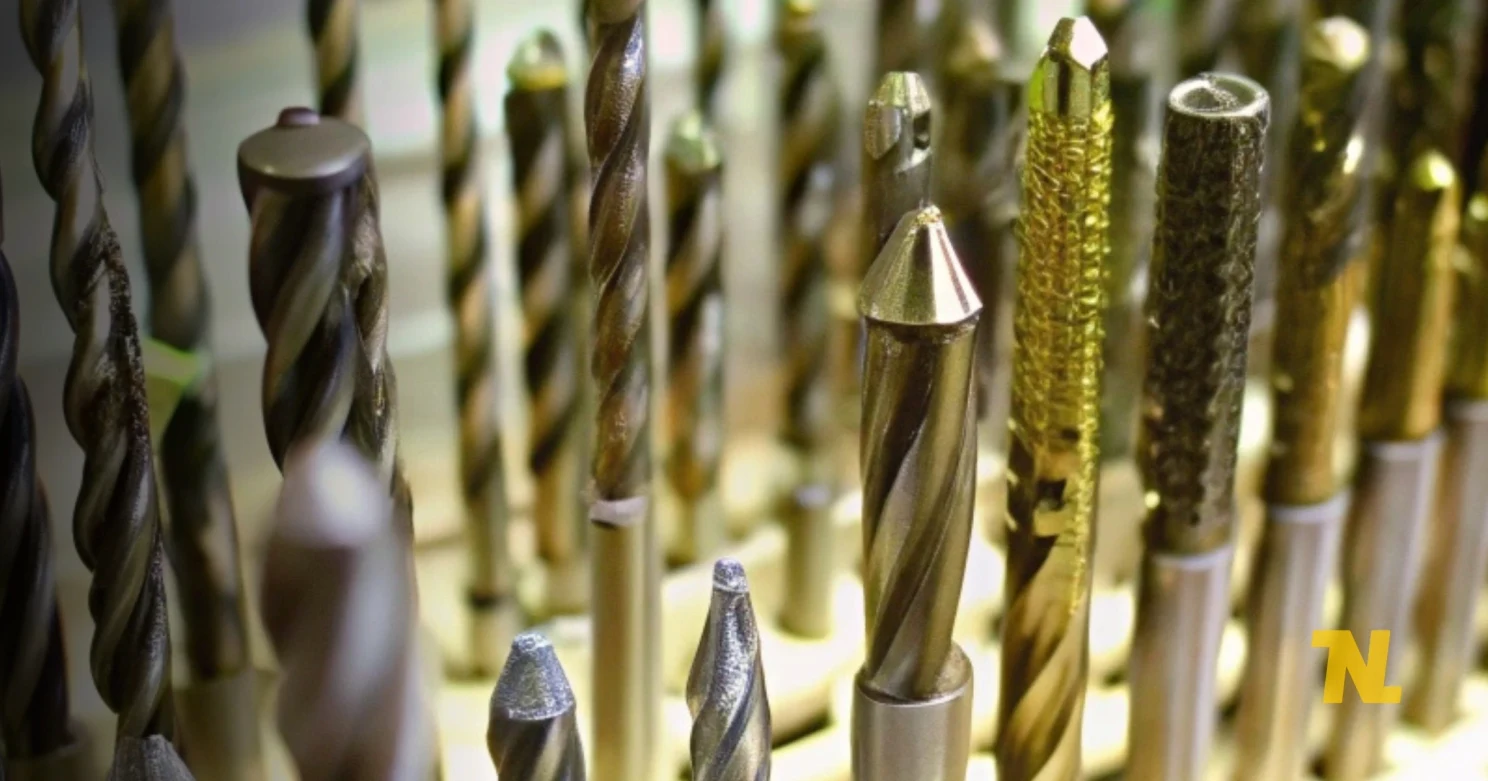
Countersink Bits
If you are creating a recessed area that allows the head of a screw to perfectly sit below or with the surface of the material, then the countersink bits are a must-have. They are good for projects such as cabinetry or furniture building that require a clean and professional finish.
Maintenance Tips for Drill Bits
This will save you a lot of time and money if you keep your drill bits in good condition. The proper maintenance of the drill bits makes sure that they provide good results and work for long time. These are some tips that will help you in the maintenance of drill bits:
Sharpening Drill Bits:
If you use the drill bits frequently they will become naturally dull over time. If you want to maintain their cutting efficiency it is important to sharpen them. For this, use can use a bench grinder or a sharpening tool to bring back their sharp edges.
Storing Drill Bits
To avoid damage and wear the proper storage is very important. You have to make sure that they won’t rub against each other or another tool for this you can store drill bits in a rack or case. This will keep them ready to use and sharp.
Mistakes to Avoid while Choosing
If you choose the wrong drill bit this can cause avoidable frustration and also crash your project. While choosing drill bits you should avoid these common mistakes.
Material Needs Misunderstanding:
This is a common mistake that most of the people do. If you choose the wood bit for working on metal the bits will quickly overheat and dull on the other hand if you work on masonry with a metal bit the bit can chip or break. That’s why always make sure that you choose the drill bit according to your material for good performance.
Ignoring the Drill Bit Damage:
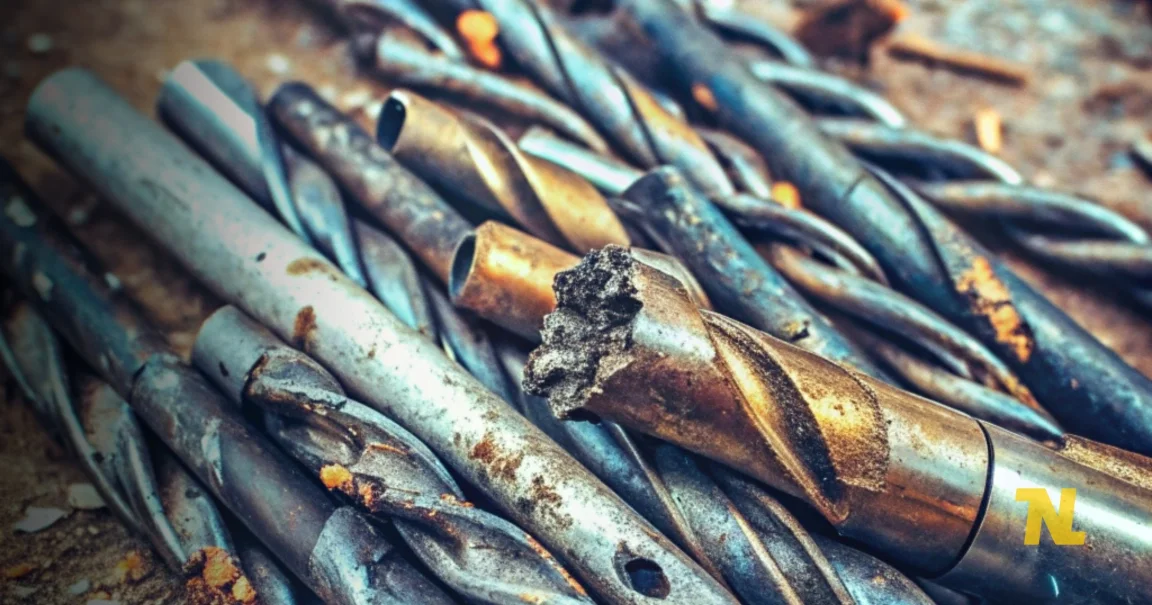
This can lead to inefficient drilling and damage to your material if you ignore the damage of the bit. Make sure to regularly check your bits for damage mainly after long work. If your bit shows dullness you should replace or sharpen it.
Conclusion
Your DIY project will not get overwhelming if you use the right drill bit. By choosing the drill bit perfect for your task, knowing your material, and the required hole size you can make sure best results. Always follow the maintenance tips to make sure your drill bit works well for long period.
If You Want to Know How to Make a Homemade Extension Cord (A DIY Guide) Checkout Our Previous Blog
